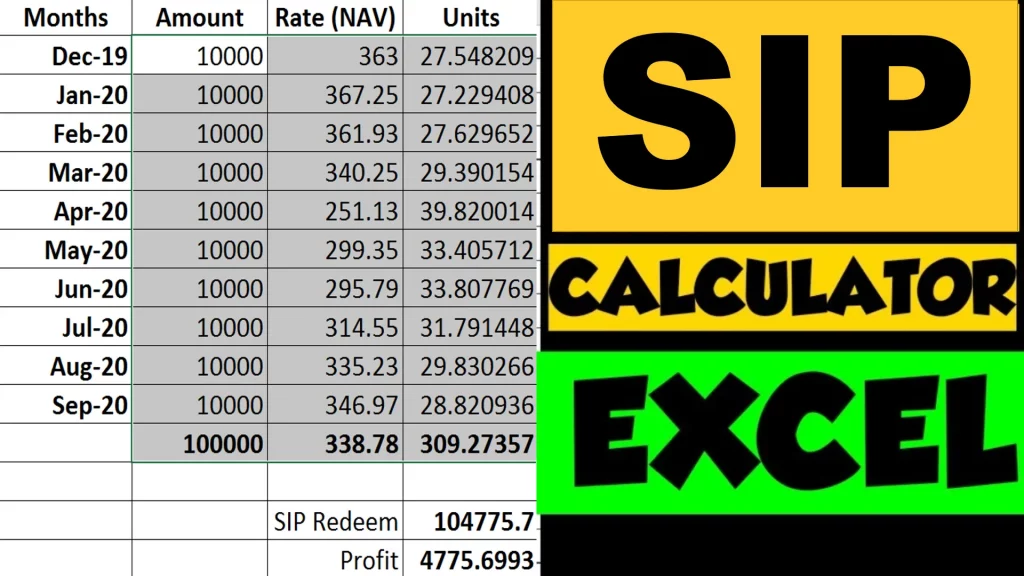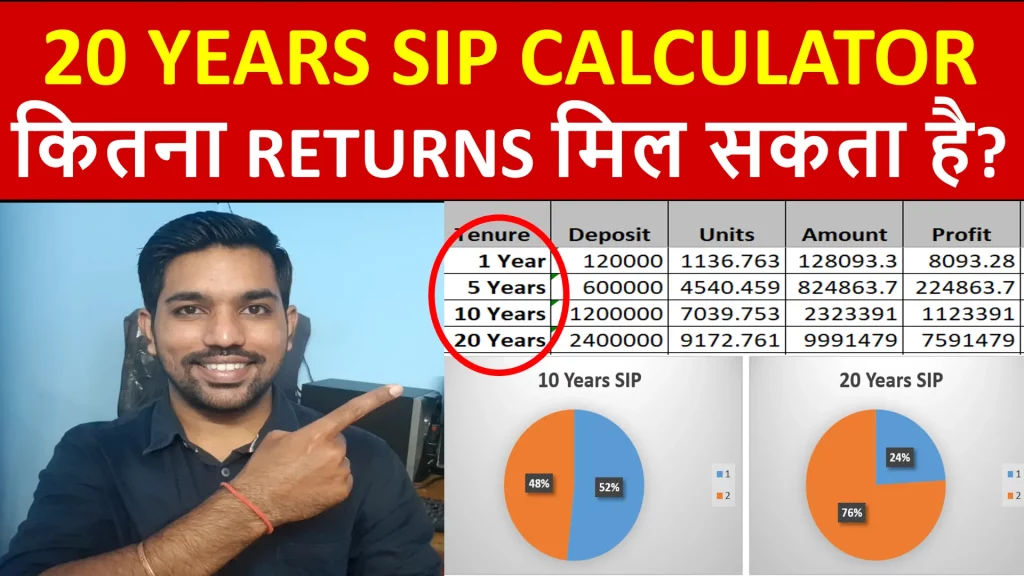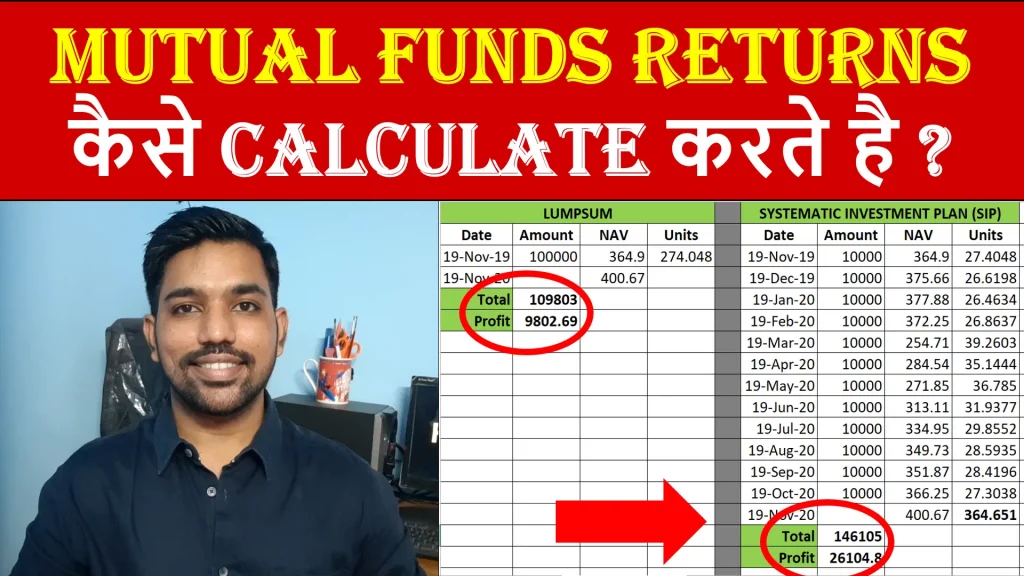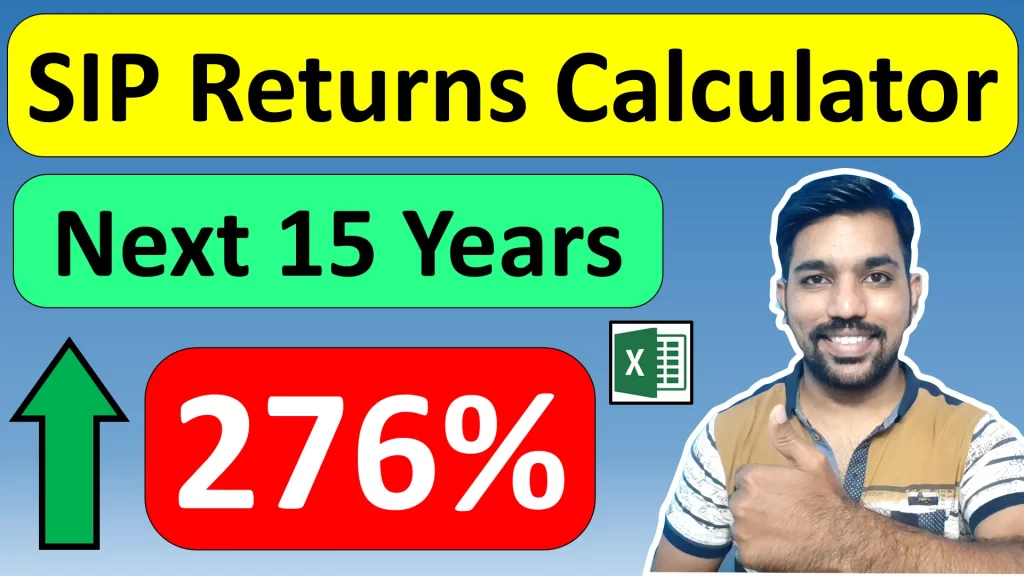Interval Funds are the mutual funds that belong to closed ended category which can be bought easily but can only be sold during specific time frame decided by fund house. It is similar to Fixed Maturity Plan (FMP), in which case the total assets are allocated in equity and debt instruments, who’s maturity matches with the fund maturity. Since Interval Funds are highly illiquid in nature, you tend to invest for long term. Interval Funds invest in unconventional assets such as commercial real estate, business loans, etc. and hence have higher yields compared to other debt funds.
Let us understand Interval Funds in more detail.
What is Interval Fund?
- Interval Fund is similar to Fixed Maturity Plan (FMP) mutual fund which invest in combination of equity and debt instruments with maturity that matches with fund’s maturity
- Usually the total assets are allocated between commercial real estate, business loans, private assets, etc. and hence the returns on such investments are high compared to other debt mutual funds
- These funds are illiquid in nature and you cannot redeem mutual fund units based on your requirement
- Usually you can buy them almost on daily basis but selling can only be done during specific time frame decided by fund house. This makes Interval Funds as closed ended funds
- Interval Funds also have high fees compared to other mutual funds since they invest in unconventional stocks that do not trade in secondary market
How Interval Fund works?
The working on Interval fund is quite simple:
- Interval funds are available for buying almost on daily basis so you can invest in this fund anytime
- Since the fund is illiquid in nature, fund manager has the freedom to invest in stocks of assets that are unconventional in nature for long term such as commercial real estate, private assets, business loans, etc. with long term tenure
- You cannot redeem the mutual fund units based on your requirement
- Interval fund offer to repurchase the units from you during specific time frame like quarterly or half yearly or sometimes yearly as well
- This makes the Interval fund illiquid in nature, since you cannot redeem from these funds directly
- The fees associated with these funds are usually high since they invest in unconventional stocks to give you better returns
Who should invest in Interval Fund?
Since Interval funds are illiquid in nature, those investors who are looking for long term investments without liquidity in near term and can bare the higher fees of these funds can invest in Interval funds.
Higher fees and illiquidity are the two important factors on which the investors need to think before investing in Interval funds.
Things to consider
There are multiple things to consider before investing in Interval Funds:
- Risk: Interval funds are illiquid in nature and are risky for your very short term goals. even if you are ready to pay the exit load, you won’t be able to redeem the units from Interval funds before or after the specific time frame
- Returns: The returns in Interval funds are usually higher compared to other debt mutual funds but lower than the equity mutual funds. Since the underlying stocks that your assets are allocated in are unconventional, these funds provide decent returns at the expense of liquidity
- Investment Horizon: Interval funds can help you to achieve short term to medium term goals like 1 to 3 years, while your funds are locked in with low risk
- Financial Goals: You need to assess your financial goals and Interval funds are best suited as fixed income scheme that provides you decent returns after the maturity period
Pros and Cons of interval funds
Let us discuss the pros and cons of Interval funds:
Pros
- Returns in Interval funds are better compared to debt mutual funds
- These funds are illiquid in nature which helps you to stay invested for long term
- Also you get the exposure to unconventional stocks like commercial real estate, private assets, business loans, etc. that provide you decent returns
- Interval funds are less volatile since they are not bought and sold frequently in the markets
Cons
- Interval funds are illiquid in nature and hence can be risky for very short term investment
- The redemption is based on first come first serve basis during specific time frame so redemption is not guaranteed when you need funds
- Even though returns are little high, the fees are also high compared to other mutual funds in Interval fund
- The minimum investment in Interval funds can be more compared to minimum investments in other mutual funds
Conclusion
So Interval funds are similar to fixed maturity plan (FMP) mutual funds that provide you exposure to unconventional stocks like commercial properties, private assets, etc. which can give decent returns
These funds are illiquid in nature and also have high fees compared to other funds. Interval funds are best suited for those investors who can bare with illiquidity and higher fees to stay invested in these funds.
Some more Reading:
Frequently Asked Questions
Are interval funds a good investment?
It depends on the investor whether is is a good investment for him or her. If the investor can bare with the illiquid nature of these funds along with high fees, it can be a good investment for him or her for decent returns.
What is an example of an interval scheme?
Interval funds are similar to fixed maturity plan mutual funds. The assets allocated are selected in such a way that the fund gets mature with the maturity of the debt instruments to provide better returns.
Why is it called an interval fund?
Since interval fund allow redemption of mutual fund units only during specific time frame, these funds are called interval funds. Even though you can buy them on daily basis, you cannot sell them before or after specific time frame.
Do interval funds pay dividends?
Some of the stocks under the interval funds can pay dividends and hence based on selection of such stocks, interval funds also pays dividends to you on regular basis.
Save Home Loan Interest Amount!
Use Home Loan Excel Calculator that will help you to Save Interest Amount on Home Loan EMI.
Click below button to download Home Loan EMI and Prepayment Calculator in Excel:
Watch how Home Loan Calculator in Excel Works
Income Tax Calculator App – FinCalC
For Income Tax Calculation on your mobile device, you can Download my Android App “FinCalC” which I have developed for you to make your income tax calculation easy.
What you can do with this mobile App?
- Calculate Income Tax for FY 2025-26 and previous FY 2024-25
- Enter estimated Investments to check income tax with Old and New Tax Regime
- Save income tax details and track regularly
- Know how much to invest more to save income tax
- More calculators including PPF, SIP returns, Savings account interest and lot more
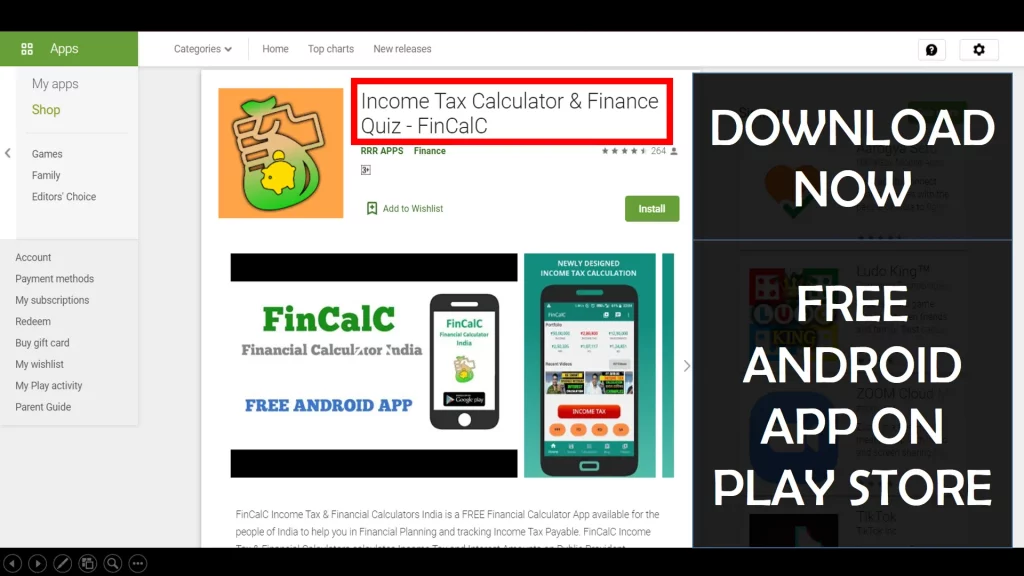
Use Popular Calculators:
- Income Tax Calculator
- Home Loan EMI Calculator
- SIP Calculator
- PPF Calculator
- HRA Calculator
- Step up SIP Calculator
- Savings Account Interest Calculator
- Lump sum Calculator
- FD Calculator
- RD Calculator
- Car Loan EMI Calculator
- Bike Loan EMI Calculator
- Sukanya Samriddhi Calculator
- Provident Fund Calculator
- Senior Citizen Savings Calculator
- NSC Calculator
- Monthly Income Scheme Calculator
- Mahila Samman Savings Calculator
- Systematic Withdrawal Calculator
- CAGR Calculator
I’d love to hear from you if you have any queries about Personal Finance and Money Management.
JOIN Telegram Group and stay updated with latest Personal Finance News and Topics.
Download our Free Android App – FinCalC to Calculate Income Tax and Interest on various small Saving Schemes in India including PPF, NSC, SIP and lot more.
Follow the Blog and Subscribe to YouTube Channel to stay updated about Personal Finance and Money Management topics.


